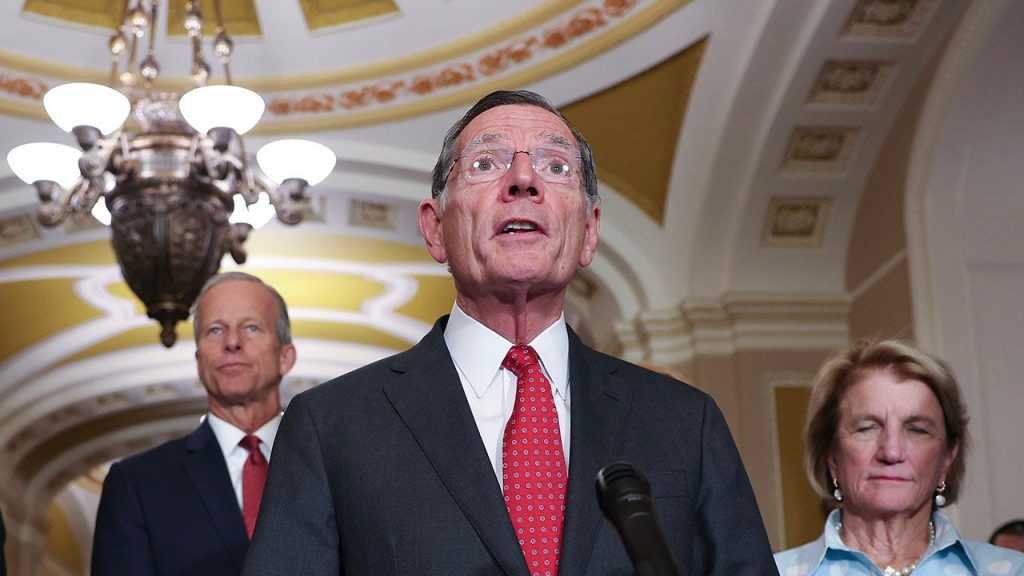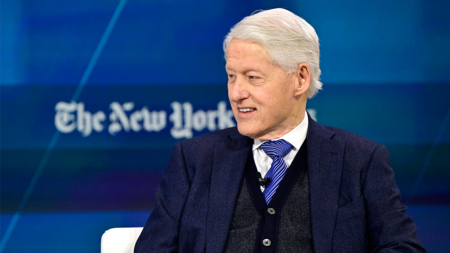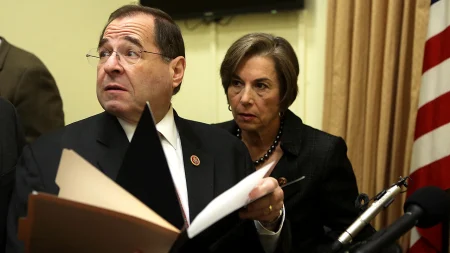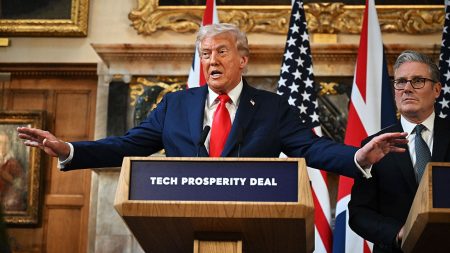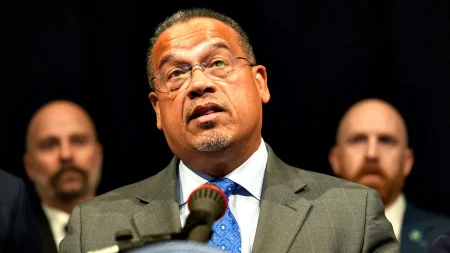Senate Republicans Ready to Break Democratic Blockade of Trump Nominees
In a bold stand against what they perceive as obstruction, Senate Republicans, led by Majority Whip John Barrasso, are preparing drastic measures to overcome Senate Democrats’ blockade of President Donald Trump’s nominees. Before the recent congressional recess, Republicans nearly reached a deal with Democrats to confirm dozens of non-controversial appointees. However, negotiations collapsed when President Trump rejected funding demands from Senate Minority Leader Chuck Schumer. This breakdown has left 145 nominations pending on the Senate’s executive calendar, a number expected to increase significantly when senators return to work.
Senator Barrasso has launched a public pressure campaign, directly challenging Schumer in a Wall Street Journal op-ed while simultaneously coordinating strategy among Senate Republicans. In an interview with Fox News Digital, the Wyoming Republican expressed his determination: “We need to either get a lot of cooperation from the Democrats, or we’re going to have to roll over them with changes of the rules that we’re going to be able to do in a unilateral way, as well as President Trump making recess appointments.” This statement signals the GOP’s readiness to employ the controversial “nuclear option” – changing Senate rules without bipartisan support – if Democrats maintain their resistance to Trump’s nominees.
The conflict reflects deeply partisan views on the nomination process. Schumer defended his party’s opposition, claiming that “historically bad nominees deserve a historic level of scrutiny by Senate Democrats.” Barrasso countered this argument, suggesting that Democrats are opposing nominees solely because they were selected by President Trump, regardless of qualifications or bipartisan committee support. The Republican strategy would focus primarily on expediting confirmations for sub-Cabinet positions and ambassadorships, potentially changing debate time requirements and qualification criteria for faster processing. They’re also considering allowing the president to make temporary recess appointments by formally putting the Senate into recess.
Barrasso highlighted the inefficiency of the current confirmation process, explaining that each nominee requires “a 30-minute roll-call vote to get on cloture, and then two hours of debate time, and then another 30-minute roll-call vote.” This three-hour process for each nominee severely limits the Senate’s ability to address other legislative priorities. With approximately 145 nominations currently pending, the mathematics become daunting for a body that must also manage its regular legislative responsibilities, including the looming September 30 government funding deadline.
The Senate Majority Whip emphasized the urgency of addressing this nomination backlog immediately upon the Senate’s return. “There’s going to be limited time to actually get people through the nominations process, which is just going to drag on further, and you’ll have more people having hearings and coming out of committees,” Barrasso explained. “This backlog is going to worsen this traffic jam at the Schumer toll booth.” His metaphor of a “Schumer toll booth” reflects Republicans’ frustration with what they view as intentional delays designed to prevent Trump from fully staffing his administration.
While acknowledging the potential consequences of going nuclear – which could complicate negotiations on issues requiring Democratic support to overcome the Senate filibuster – Barrasso remains resolute. “We are going to do something, because this cannot stand,” he declared, indicating that Republicans see this as a matter of principle regarding the president’s right to staff his administration. The confrontation highlights the intensifying partisan divide in Washington and raises questions about the long-term implications for Senate procedures. As lawmakers return to the Capitol, this showdown over nominations promises to be among the first major battles in what already appears to be a contentious fall legislative session, with both sides seemingly prepared to stand their ground.





